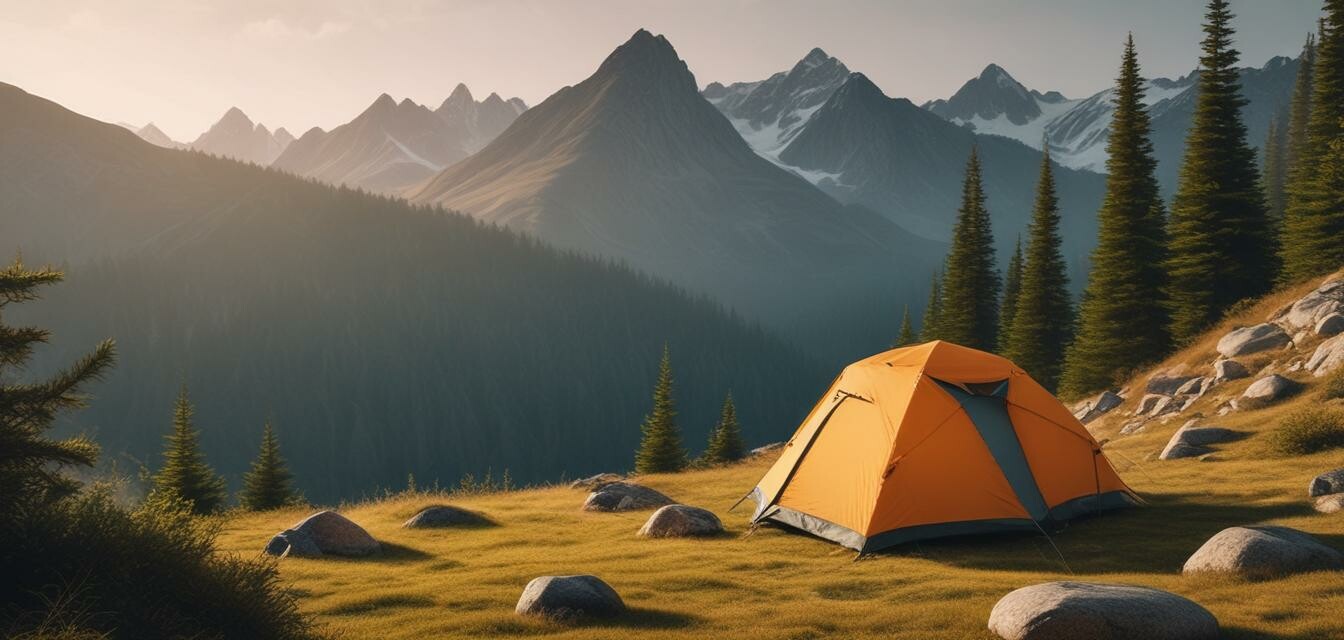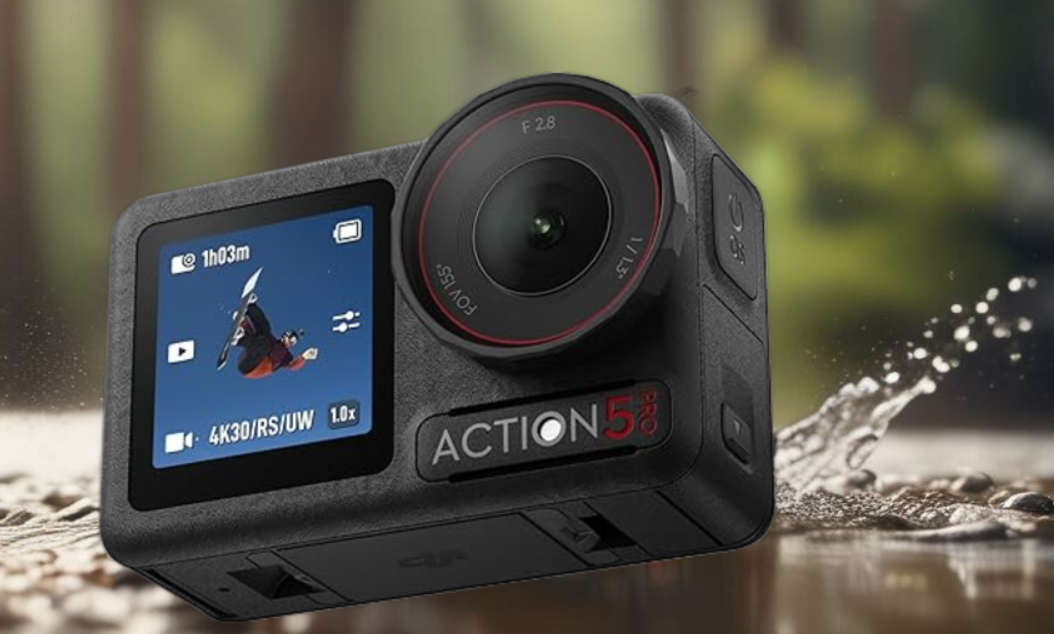
As an Amazon Associate, I earn from any qualifying purchases, at No Extra Cost to You.
The Rise of Minimalist Backpacking
Key Takeaways
- Minimalist backpacking focuses on carrying only essential gear.
- This trend promotes lighter loads and simplified travel.
- Backpackers can enjoy a more immersive experience with nature.
- Choosing the right gear is crucial for minimalist backpacking.
- Quality over quantity: investing in versatile gear makes a difference.
Backpacking has always been about connecting with nature and escaping the hustle and bustle of daily life. However, a growing trend in the backpacking community is drawing attention: minimalist backpacking. This approach encourages backpackers to simplify their gear and focus on what truly matters, allowing for smoother and more enjoyable adventures. In this article, we will explore the rise of minimalist backpacking, uncovering its benefits and best practices.
What is minimalist backpacking?
Minimalist backpacking is a philosophy that promotes the idea of traveling light. It revolves around the concept of carrying only the essentials—gear that serves multiple purposes and eliminates the need for extras. By simplifying your load, you can enhance your experience and connect more deeply with the outdoors. The focus shifts from the quantity of items carried to the quality and utility of each piece of gear you take along.
Benefits of minimalist backpacking
Here are some key benefits of adopting a minimalist approach:
- Less physical strain: Lighter backpacks reduce the weight on your body, making hikes less exhausting.
- Increased mobility: You can navigate trails quicker and more efficiently without the burden of heavy gear.
- Cost-effective: Investing in high-quality, multifunctional gear can be more economical in the long run.
- Closer to nature: A minimal load encourages unplanned stops to enjoy breathtaking views and nature.
- Mental clarity: Simplifying your packing promotes a clearer mind, enhancing your overall experience.
Tips for getting started with minimalist backpacking
Beginner's Section
- Assess your gear: Take a thorough inventory of your current gear. Identify items that can be left behind or replaced with multifunctional alternatives.
- Plan your essentials: Focus on items that serve multiple purposes. For instance, choose a sleeping bag that can double as a blanket or clothing that can transition from day to night.
- Practice packing light: Before your trip, try packing for a short hike with just the essentials. Refine your list based on what you actually use.
- Prioritize comfort: Minimalist doesn't mean sacrificing comfort; invest in high-quality, lightweight gear that fits you well.
- Embrace flexibility: Be ready to adapt your plans based on conditions. Minimalist backpacking allows for spontaneity, creating unique experiences.
Essential gear for minimalist backpacking
Choosing the right gear is crucial in minimalist backpacking. Below is a comparison table of essential items that could serve multiple purposes:
| Item | Primary Use | Additional Use |
|---|---|---|
| Lightweight tarp | Rain shelter | Ground cover or sun shade |
| Multi-tool | Basic tools | Cooking utensil or bottle opener |
| Convertible pants | Hiking pants | Shorts when weather permits |
| Sleeping bag | Resting gear | Insulation for sitting during breaks |
| Portable stove | Cooking | Heat source for warmth |
Challenges of minimalist backpacking
Like any approach, minimalist backpacking has its challenges. Here are some of the most common hurdles:
Pros
- Lightweight travel allows for easier navigation of difficult terrains.
- Fewer items encourage creativity in problem-solving.
- Enhanced connection with surroundings and nature.
Cons
- Potential feeling of discomfort if you forget essential items.
- Requires a stricter planning process to ensure nothing is overlooked.
- The need for high-quality, versatile gear may lead to higher initial costs.
Staying updated with minimalist trends
As the outdoor community continues to evolve, it’s vital for backpackers to stay informed about the latest trends in minimalist backpacking. Keeping up with articles in the Backpacking News section can provide inspiration and innovative ideas. Many backpackers share their adventures and valuable insights, showcasing what works best for them. Additionally, following blogs that focus on buying guides can help you make informed decisions about gear that fits a minimalist lifestyle.
Conclusion
The rise of minimalist backpacking offers exciting opportunities for both seasoned adventurers and those new to the world of backpacking. By focusing on what truly matters and embracing simplicity, you’ll find that your outdoor experiences are enriched, ultimately leading to adventures that are not only lighter but also imbued with deeper connections to nature. Start your journey toward minimalist backpacking today and discover the beauty of minimalism in the great outdoors!
